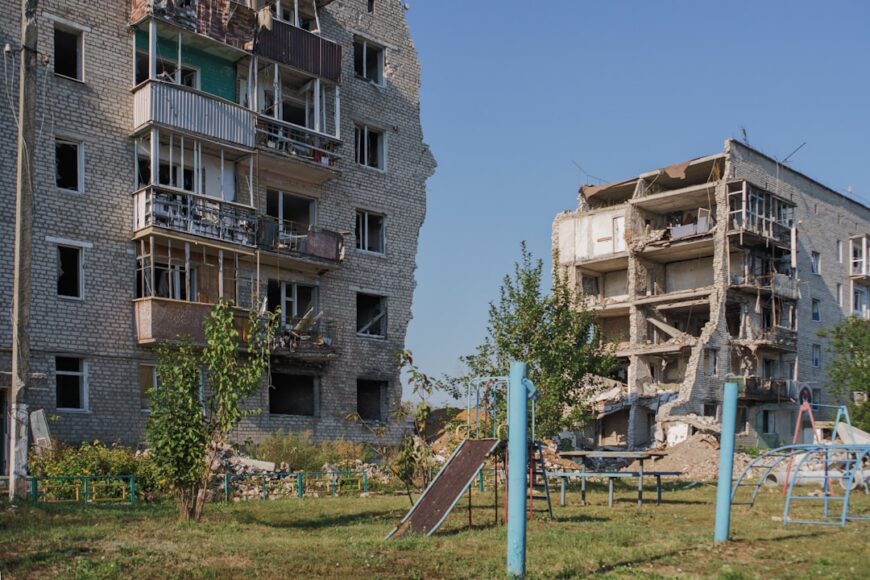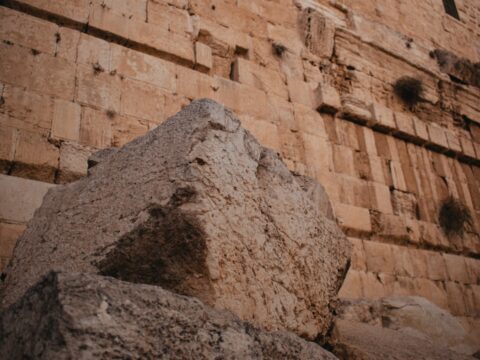
On July 20, 2021, Hezbollah, the Lebanese militant group, launched a missile towards the northern Israeli city of Safed. The missile was intercepted by Israel’s Iron Dome defense system, preventing any casualties or damage. This incident has once again brought attention to the ongoing conflict between Israel and Hezbollah and the potential for further escalation in the region. It is important to discuss this topic as it highlights the complex dynamics of the conflict and the implications it has for regional stability.
Overview of Safed’s location and significance
Safed is a city located in northern Israel, near the border with Lebanon. It holds great historical and religious significance for both Jews and Muslims. For Jews, Safed is considered one of the four holy cities in Judaism and is known for its rich history as a center of Jewish mysticism. It is home to numerous synagogues and religious schools.
Strategically, Safed is located in close proximity to the border with Lebanon, making it a potential target for attacks from Hezbollah. The city’s location also allows for easy access to other major cities in northern Israel, such as Haifa and Tiberias. This makes it an important target for Hezbollah as it seeks to disrupt Israeli infrastructure and spread fear among the Israeli population.
How the missile was intercepted by Israel’s Iron Dome defense system
The Iron Dome defense system is a crucial component of Israel’s defense strategy against rocket attacks. It is designed to intercept and destroy short-range rockets and artillery shells fired from distances of 4 to 70 kilometers away. The system uses advanced radar technology to detect incoming threats and launches interceptor missiles to neutralize them.
In the case of the missile launched by Hezbollah over Safed, the Iron Dome defense system successfully intercepted and destroyed it before it could reach its target. The system’s radar detected the incoming missile and calculated its trajectory, allowing the interceptor missile to be launched at the right time and intercept the threat. This successful interception prevented any casualties or damage in Safed.
Analysis of Hezbollah’s motives for launching the missile
The motives behind Hezbollah’s missile launch over Safed can be analyzed from various perspectives. One possible reason is to demonstrate its military capabilities and send a message to Israel. Hezbollah has been building up its arsenal of rockets and missiles over the years, and this missile launch could be seen as a show of strength and a warning to Israel.
Another possible motive is to divert attention from internal issues in Lebanon. The country has been facing a severe economic crisis, political instability, and social unrest. By launching a missile towards Israel, Hezbollah can shift the focus away from these issues and rally support among its followers.
Furthermore, Hezbollah may have strategic objectives in mind. By targeting Safed, which is close to the border with Lebanon, Hezbollah aims to disrupt Israeli infrastructure and spread fear among the Israeli population. This can potentially weaken Israel’s position in the ongoing conflict and give Hezbollah an advantage.
The impact of the missile launch on the ongoing conflict
The missile launch by Hezbollah has had several effects on the ongoing conflict between Israel and the militant group. Firstly, it has heightened tensions between the two sides. The incident serves as a reminder that the conflict is far from resolved and that both parties remain ready to engage in hostilities.
Secondly, it has increased concerns about regional stability. The conflict between Israel and Hezbollah has the potential to escalate into a larger regional conflict involving other actors such as Iran and Syria. The missile launch over Safed highlights the volatility of the situation and raises fears of further escalation.
Additionally, the incident has had psychological effects on both Israelis and Lebanese. For Israelis, it serves as a reminder of the constant threat they face from Hezbollah’s rockets and missiles. For Lebanese, it raises concerns about potential Israeli retaliation and the impact it could have on their country.
Israel’s response to the missile launch and potential retaliation
Israel has responded to the missile launch by condemning Hezbollah’s actions and holding the Lebanese government responsible for allowing such attacks to take place. Israeli officials have stated that they will not tolerate any aggression against their country and will respond with force if necessary.
In terms of potential retaliation, Israel has several options. It could launch airstrikes against Hezbollah targets in Lebanon, as it has done in the past. It could also increase its military presence along the border and conduct targeted operations against Hezbollah operatives. Another option is to engage in diplomatic efforts to isolate Hezbollah and garner international support for its actions.
The role of Iran in supporting Hezbollah’s military capabilities
Iran plays a crucial role in supporting Hezbollah’s military capabilities. The two have a long-standing relationship based on shared ideological and strategic interests. Iran provides financial, logistical, and military support to Hezbollah, including the supply of rockets and missiles.
Iran’s involvement in the conflict between Israel and Hezbollah is driven by its desire to challenge Israeli dominance in the region and promote its own influence. By supporting Hezbollah, Iran can project power beyond its borders and establish a foothold in the Levant.
The international community’s reaction to the missile launch and calls for de-escalation
The international community has reacted to the missile launch with concern and calls for de-escalation. Several countries, including the United States, France, and Russia, have condemned Hezbollah’s actions and called for restraint from all parties involved.
International organizations such as the United Nations have also expressed their concerns about the situation. They have called for dialogue and negotiations to resolve the conflict peacefully and avoid further escalation.
Implications for regional stability and potential for further escalation
The missile launch over Safed has significant implications for regional stability. It highlights the fragility of the situation in the region and the potential for further escalation. The conflict between Israel and Hezbollah has the potential to draw in other actors such as Iran and Syria, leading to a wider regional conflict.
The incident also raises concerns about the impact on civilian populations. Both Israelis and Lebanese are at risk of being caught in the crossfire, with potential consequences for their safety and well-being. The conflict has already caused significant human suffering, and further escalation could exacerbate the situation.
Conclusion and future outlook for the Israel-Hezbollah conflict
In conclusion, the missile launch by Hezbollah over Safed has once again brought attention to the ongoing conflict between Israel and the militant group. The incident highlights the complex dynamics of the conflict and the potential for further escalation in the region.
The future outlook for the conflict remains uncertain. While there have been calls for de-escalation and peace talks, the underlying issues that fuel the conflict, such as territorial disputes and ideological differences, remain unresolved. As long as these issues persist, there is a risk of further hostilities between Israel and Hezbollah.
Ultimately, a comprehensive and lasting solution to the conflict will require political will from all parties involved, as well as international support and mediation. Only through dialogue and negotiations can a peaceful resolution be achieved, ensuring the safety and well-being of all those affected by the conflict.











